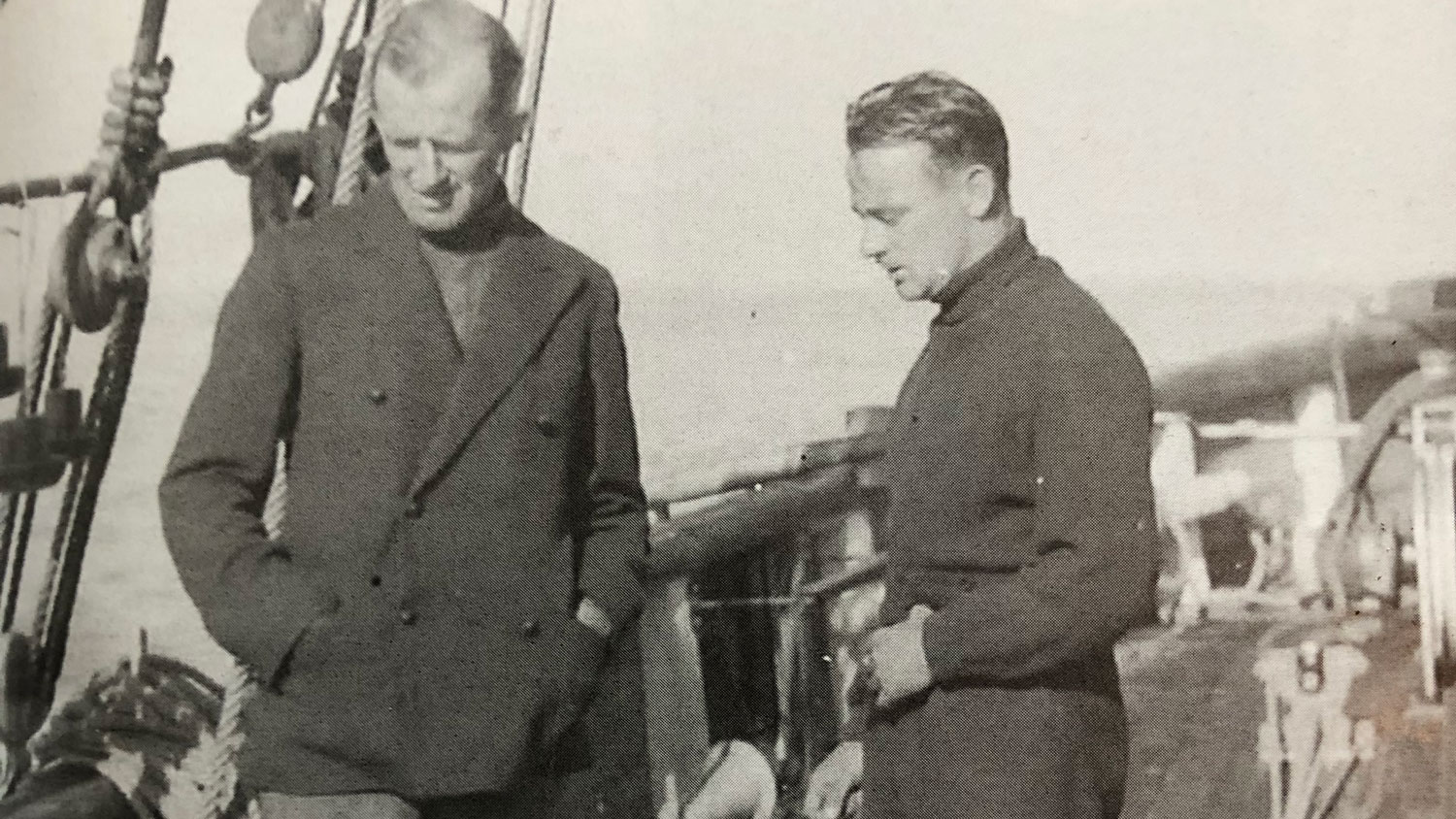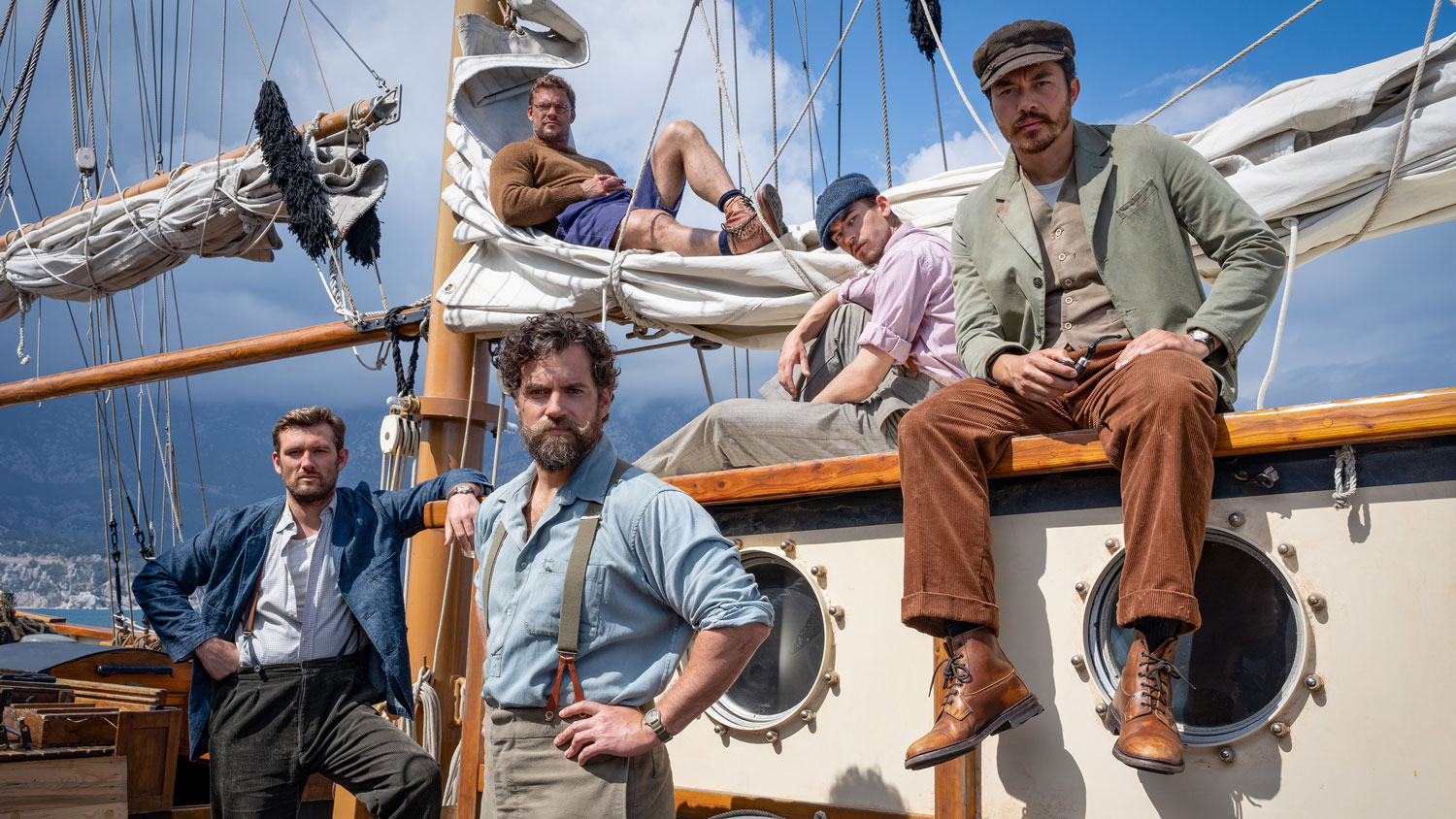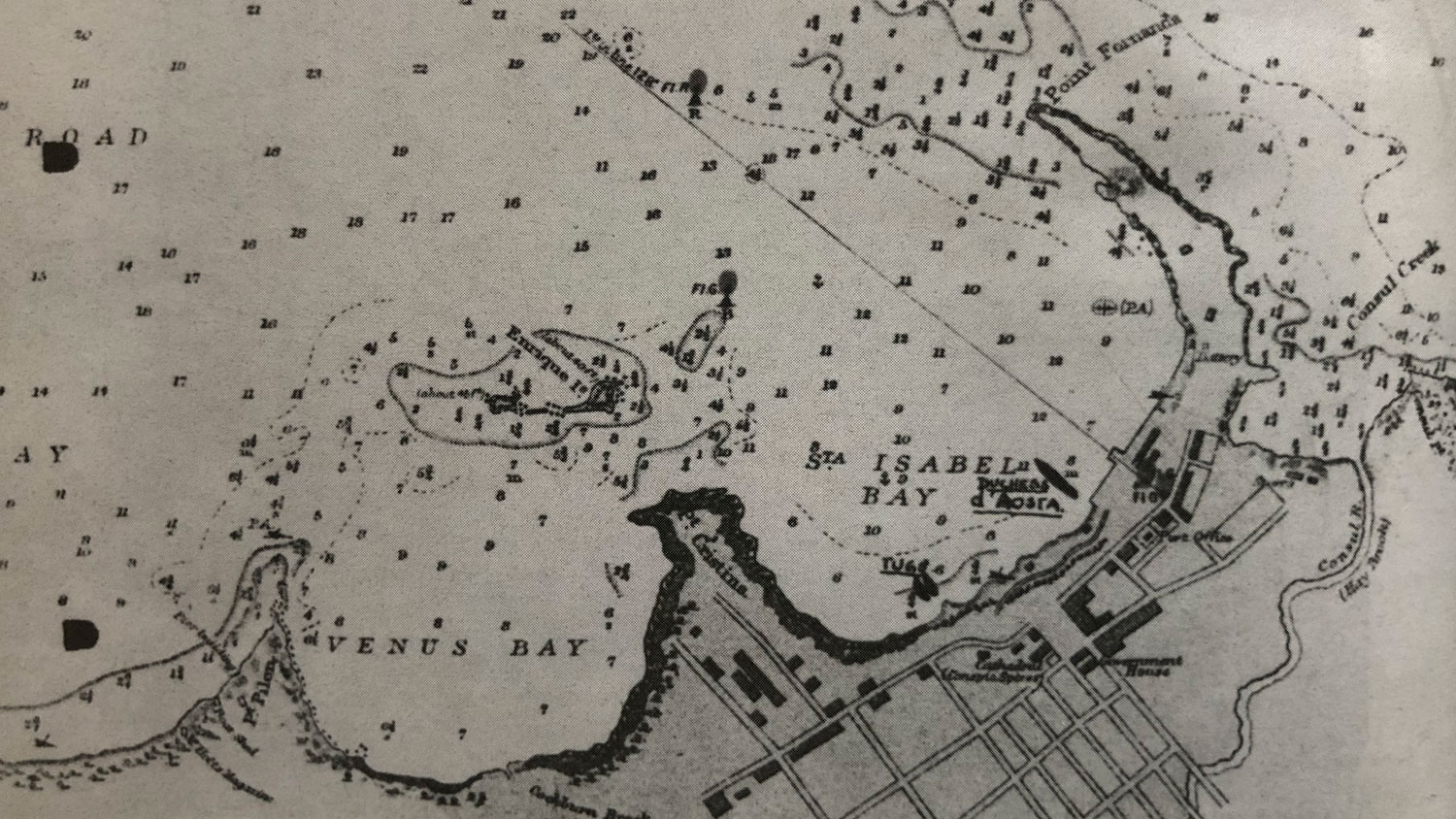The real Ministry of Ungentlemanly Warfare agents were hated – but they didn't care
The secret agents portrayed in Guy Ritchie's latest film were hated by some members of high command – but they didn't care, instead wearing their unpopularity like a badge of honour.
The Ministry of Ungentlemanly Warfare depicts the heroic exploits of the Special Operations Executive, which was set up by Sir Winston Churchill to do whatever it took to take down Hitler.
Men such as Major Anders Lassen, the only member of the British SAS ever to have been awarded the Victoria Cross, Major Gus March-Phillipps and Lieutenant Geoffrey Appleyard dreamed up a new way of waging war called black operations.
Despite their gallantry and achievements, they were vilified by some senior military figures but, in their usual unshrinking style, the SEO operatives simply brushed it off and embraced the fact they were disliked.
Historian Damien Lewis, who wrote the non-fiction book on which the film is based, said they were hated "with a vengeance".
"Deeply unpopular" and "resented" were just some of the words Mr Lewis used to describe some military and political figures' feelings towards the secret agents.
"Some of the epithets used for these individuals are really nasty," the author said.
"'Raiders of the thug variety' and things like that.
"These guys were the bravest of the brave, there is no shadow of a doubt about that.
"The great thing about the SOE was that they just embraced [the nicknames], said 'Yeah, we'll have that. We love that. This is exactly who we are'."

SOE agents were greenlit by Churchill to do anything forbidden under the rules of war such as assassination, kidnapping, bribery, corruption, raising guerrilla armies and organising smuggling fleets.
These determined men and women were going on back-to-back operations deep behind enemy lines, facing the prospect of death every time knowing full well that if they were captured, Britain would deny all knowledge and leave them to be tortured and killed.
Because of this, SOE agents carried with them the "holy communion", a secret suicide pill to be taken in case they were captured.
Mr Lewis said: "The cumulative effect of that trauma is absolutely unbelievable."
And yet they persisted, despite being "abhorred" by many in high command and the political establishment.

Sir Stewart Menzies, the head of the Secret Intelligence Service (SIS), now known as MI6, believed SOE agents were "amateur, dangerous and bogus" claiming SOE operations were disrupting already active missions undertaken by the SIS.
Mr Lewis' thorough research found senior people disliked the SOE partly because it was moving away from the type of warfare they had grown accustomed to during the First World War.
"They still believed war could be a gentlemanly, chivalric affair," he explained.
"It couldn't be. Not against Hitler. Not when it was total war.
"Churchill understood that intimately and instinctively from the get-go."

Despite the lack of respect from senior military commanders and politicians, extremely dangerous missions and the highly secretive nature of the SOE, these agents never wanted to leave.
It was the brotherhood and esprit de corps that kept the SOE motivated throughout missions such as Operation Postmaster – the 1942 SOE mission depicted in the film.
In typical daring fashion, the secret agents seized three ships believed to be under German control from a port on a Spanish island off the coast of West Africa after towing them to a Royal Navy destroyer in international waters.

The mission was a resounding success, but there was not the level of violence portrayed in the film.
In fact, none of the enemy were killed.
Some enemy sailors and people on shore were injured, but unlike what is seen in the film, there were no fatal throat-cuttings or shootings.
Of the SOE's "ungentlemanly" nickname, Mr Lewis said: "It's not about being gentlemanly. It's about sound tactics.
"One of the reasons SOE were so deeply unpopular was because the secret intelligence services, MI6, basically argued 'look, we have intelligence agents there on the ground and some of them have been there for years, working diligently, embedding themselves undercover, gathering intelligence and you send in the SOE, they blow up a viaduct, or they start a guerrilla war or whatever it might be and it just disrupts our network'."

SOE agents were eager to slip in at night, gather intelligence or enemy prisoners and disappear before dawn. However, they did use violence when required, although the rule was to only kill when absolutely necessary.
Maj March-Phillipps would urge his fellow agents to favour intimidating methods over force and for there to be "no useless slaughter" as seen during the real Op Postmaster.
The violence seen in the film (shown in the clip below) is more reflective of future missions undertaken by the SOE rather than Postmaster.
In the film, Maj Lassen, played by Reacher actor Alan Ritchson, is often seen covered in the enemy's blood, but that style of warfare didn't happen until the next mission where Churchill tasked them with enacting a "reign of terror along the enemy coast".
The plan is to make a series of films based on Mr Lewis's book.
The follow-up films will likely focus on the even more audacious adventures of the members of the SEO, who despite being hated were the "bravest of the brave" that helped turn the tide of history.
The Ministry of Ungentlemanly Warfare is now on Prime Video. The book of The Ministry of Ungentlemanly Warfare by Damien Lewis (Quercus £10.99) is available at all good bookshops.









